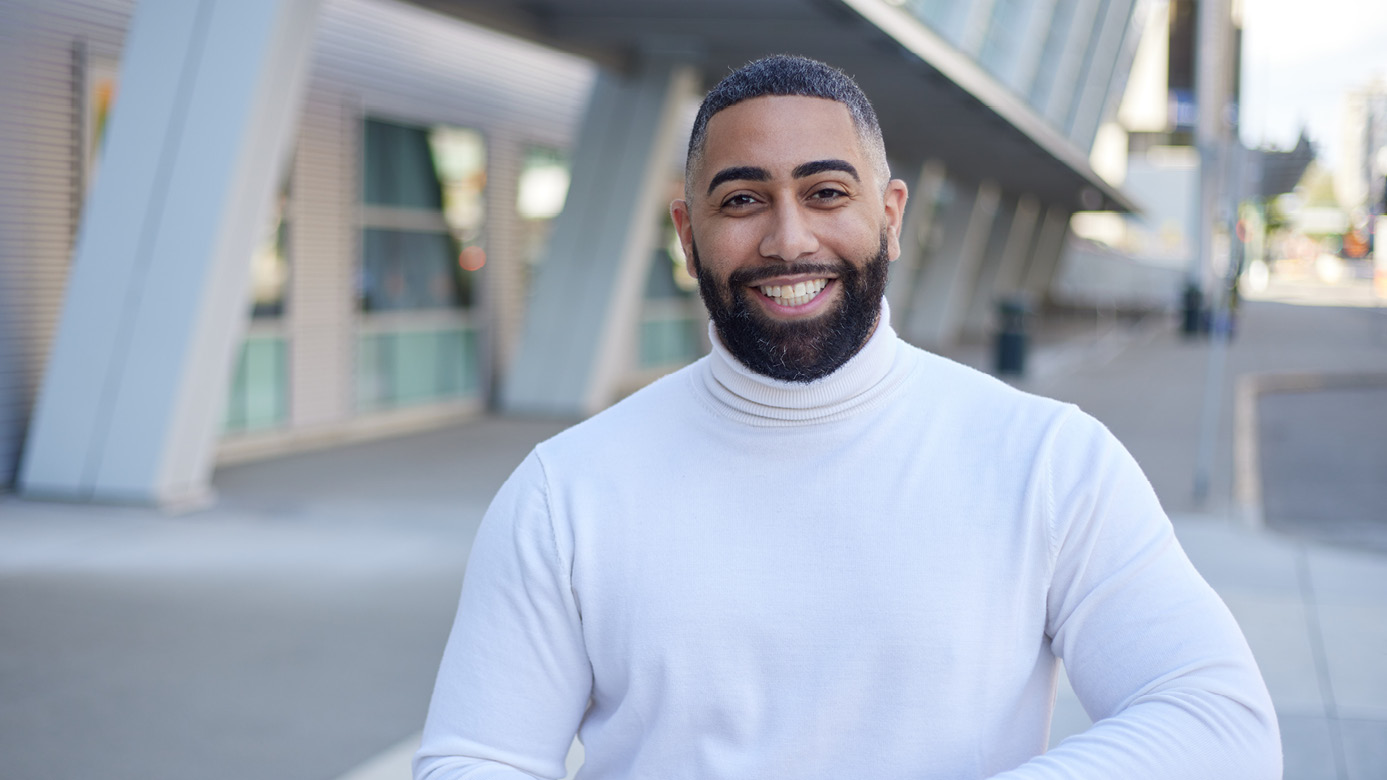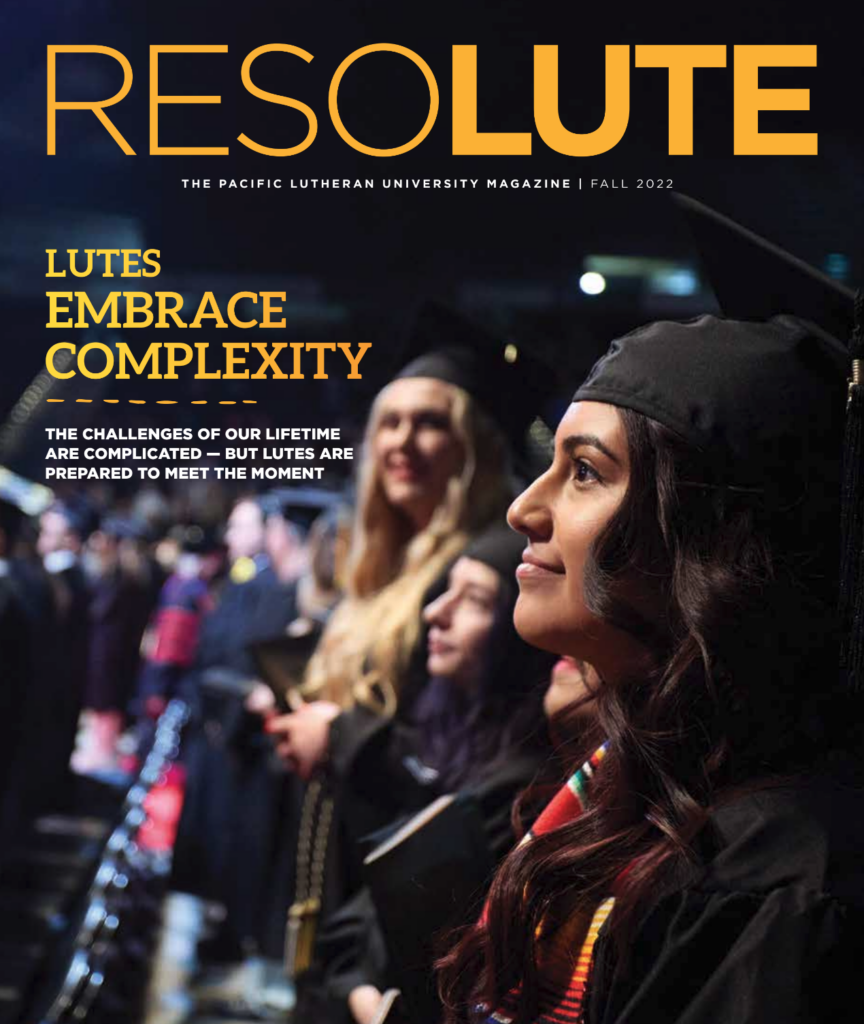International Complexities: Mycal Ford ’12 discusses how he thinks about global policy

By Zach Powers
ResoLute Editor
Mycal Ford ’12 deep dives into global challenges for a living. A double major in political science and Chinese studies at PLU, Ford is now an international affairs and economics analyst who has worked for both private firms and government agencies, including the U.S. Department of the Treasury, a global consulting firm, and the Department of Defense. He shared a bit about his approach to embracing complexity.
What excites you about diving into a complex puzzle, conflict or policy?
International issues, such as ethnic and territorial conflict, WMD proliferation, terrorist financing, money laundering, human trafficking, forced labor — all represent some of the most intractable and complex problem sets. Nevertheless, my interest in these international security and economic issues is fueled by my passion for public service, which is to say that I am motivated by my desire to help others — even if that means working on incredibly sensitive topics.
Are there moments when the complexity of this work can be daunting?
Complexity always presents a significant challenge — especially as it relates to emerging international economic and security challenges, such as international sanctions evasion and money laundering. I try to distill and ultimately reduce these enormously complex transnational issues into smaller and more manageable problem sets. In doing so, I am able to tackle them systematically, all the while maximizing impact.
How did your interdisciplinary undergraduate experience at PLU help prepare you for thinking about complex puzzles?
One of the key ways to address emerging and cross-cutting international threats is by applying an interdisciplinary approach, a method that is often taught through a liberal arts education. In borrowing from multiple branches of thought, I believe it is possible to redefine any given problem. Once a problem can be redefined, a more nuanced understanding can be achieved. Naturally, this process lends itself to discovering innovative and creative ways of thinking that prioritizes solution-making. This is a tactic I try to practice in my personal and professional life every day.



